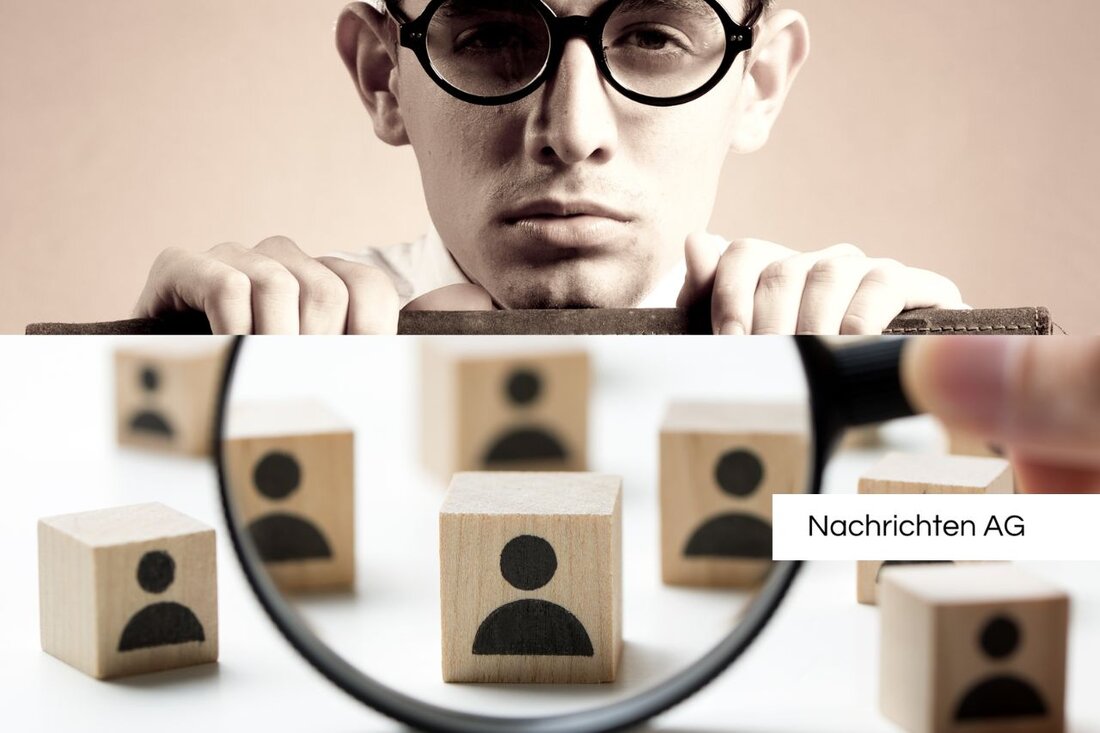25 years of Riga committee: Keep memory of murdered Jews alive!
25 years of Riga committee: Keep memory of murdered Jews alive!
Düsseldorf, Deutschland - On May 20, 2025, the 25th anniversary of the German Riga Committee will be reminded, which was founded on May 23, 2000 in Berlin. It started with the aim of preserving the memory of the more than 25,000 Jewish citizens who were deported to Riga between 1941 and 1942 and murdered there. Today the committee belongs to 80 cities and Vienna has been a member since 2001. The state assembly in Düsseldorf, which took place on May 20, 2023, offered numerous opportunities to illuminate the developments of the committee and celebrate the progress made, some of which were also made possible by various projects.
One of the tragic aspects of the story that the committee intends is the connection to over 26,000 Latvian Jewish victims of the Riga ghetto. These were murdered on November 30, 1941 on the so -called "Riga Blutsonntag" on November 30, 1941 and in the days after. The first task of the committee was the establishment of a worthy burial and memorial in the forest of Bikernieki, which was inaugurated on November 30, 2001, on the 60th anniversary of these atrocities.
memory culture and projects
Stefan Dworak, co-initiator of the committee, emphasizes how important local research and concrete references to memory of the Holocaust victims are. The committee has launched numerous local memory projects and promotes triangles and cross-cultural commemoration. Regular visits to delegations and youth groups at the memorials in Riga illustrate the active examination of history and the need to keep them in mind.
The keynote speaker of this year's event in Düsseldorf is Lorenz Hemicker, an editor of the FAZ and author of the book "My grandfather, the perpetrator". In this context, an exhibition of the Riga Committee in the Düsseldorf state parliament with the title "Riga: Deportation-Crime Corte-Memory Culture" was also seen. These initiatives show how the committee is still committed to the culture of remembrance and are trying to persuade society to reflect on their own past.
social importance of commemoration
The examination of the Holocaust and the memory are complex social processes that involve all social classes. Various forms of commemoration, such as memorial events and the remembering of specific sacrificial groups, reflect the social negotiation processes. January 27 as a legal day of commemoration to the victims of National Socialism is an example of how such initiatives are anchored and active participation in society.
The challenge of protecting the knowledge of the crimes of National Socialism remains up to date. It turns out that deficits exist in the knowledge of this story, and there are always anti -Semitic statements and behaviors in society. In this context, digitization is seen as an opportunity to create innovative commemoration formats, but this cannot replace personal encounters with contemporary witnesses.
The German Riga Committee pursues the goal of keeping memory alive through diverse projects and the open dialogue to keep memory and the continued relevance of commemoration. The construction and care of the memorials as well as the inclusion of young people are central aspects that will continue to be continued in the future.
Further information can be found at OTS , bpb .
| Details | |
|---|---|
| Ort | Düsseldorf, Deutschland |
| Quellen | |


Kommentare (0)